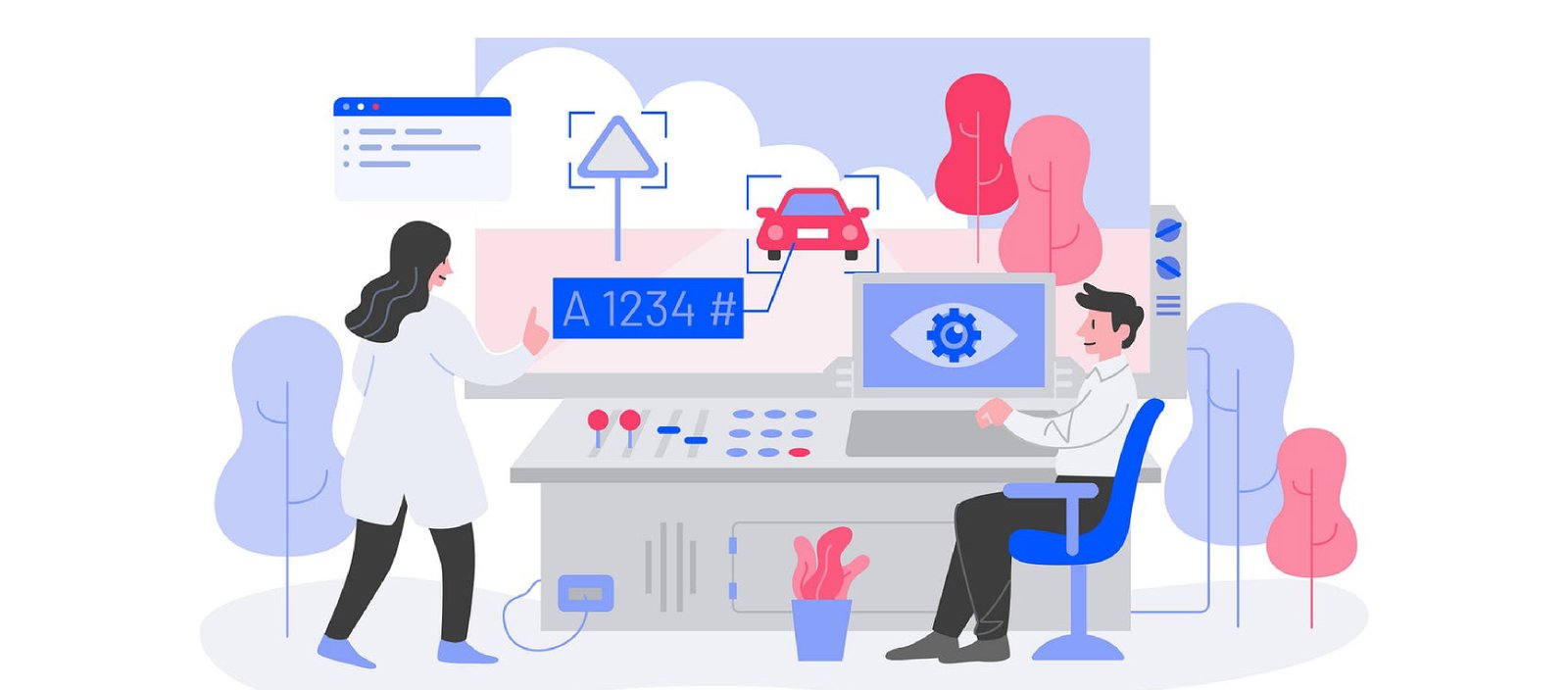
Revolutionizing Healthcare: The Evolution and Impact of Artificial Intelligence in Medical Practices
Artificial Intelligence is at the forefront of a healthcare revolution, significantly enhancing the way medical professionals diagnose, treat, and care for patients. The integration of AI into healthcare practices offers unprecedented benefits, including improved diagnostic accuracy, personalized treatment plans, and more efficient patient management. This blog explores the evolution of AI in healthcare, from its early beginnings to its current applications and future prospects. We will examine various AI technologies, such as machine learning, natural language processing, and robotics, and their impact on different aspects of healthcare. Additionally, we will discuss the challenges and ethical considerations associated with AI in healthcare. Whether you're a healthcare professional, a tech enthusiast, or a patient curious about the future of medicine, this blog provides a comprehensive overview of how AI is revolutionizing healthcare.
Artificial Intelligence (AI) is transforming healthcare, revolutionizing patient care, diagnosis, and treatment. This blog delves into the evolution of AI in healthcare, exploring its historical development, current applications, and future potential. From AI-driven diagnostics and personalized medicine to robotic surgery and virtual health assistants, discover how AI is reshaping the healthcare landscape. Join us as we examine the benefits, challenges, and ethical considerations of AI in healthcare, and learn how this groundbreaking technology is paving the way for a more efficient, effective, and personalized approach to medicine.
Introduction to AI in Healthcare Artificial Intelligence has emerged as a transformative force in healthcare, promising to revolutionize the way medical professionals diagnose, treat, and manage patients. From improving diagnostic accuracy to personalizing treatment plans, AI offers numerous benefits that enhance patient care and outcomes. This blog explores the evolution of AI in healthcare, tracing its journey from early innovations to its current applications and future potential. By understanding the impact of AI, healthcare professionals and patients alike can better appreciate the profound changes this technology is bringing to the medical field.
Historical Development of AI in Healthcare The integration of AI into healthcare began with basic applications such as decision support systems and early diagnostic tools. Over the past few decades, advancements in machine learning, natural language processing, and data analytics have significantly expanded the capabilities of AI in medicine. Today, AI is utilized in various aspects of healthcare, including imaging analysis, predictive analytics, and automated patient management. This historical perspective highlights the rapid progression and increasing sophistication of AI technologies, setting the stage for their current and future impact on healthcare.
Current Applications of AI in Healthcare AI is currently making significant strides in several areas of healthcare. Machine learning algorithms analyze medical images with remarkable accuracy, aiding in the early detection of diseases such as cancer. AI-driven predictive analytics help identify at-risk patients, enabling preventive interventions. In personalized medicine, AI tailors treatment plans to individual patient profiles, improving efficacy and reducing adverse effects. Additionally, robotic surgery enhances precision in complex procedures, while virtual health assistants provide patients with 24/7 support and information. These applications demonstrate the diverse and far-reaching impact of AI on modern healthcare practices.
Challenges and Ethical Considerations Despite its potential, the integration of AI in healthcare comes with challenges and ethical considerations. Data privacy and security are paramount concerns, as sensitive patient information must be protected from breaches. Ensuring the accuracy and reliability of AI systems is crucial, as errors can have serious consequences. Ethical issues, such as algorithmic bias and the potential for reduced human oversight, must also be addressed. Healthcare providers need to balance the benefits of AI with these challenges, developing robust frameworks for ethical AI deployment and continuous monitoring.
The Future of AI in Healthcare The future of AI in healthcare is bright, with ongoing advancements poised to further enhance its capabilities. Emerging technologies, such as quantum computing and advanced neural networks, promise to unlock new possibilities for AI-driven diagnostics and treatments. The integration of AI with other innovations, like the Internet of Things (IoT) and wearable devices, will enable real-time health monitoring and proactive care. As AI continues to evolve, its role in healthcare will expand, offering more personalized, efficient, and effective solutions for patients and providers alike. Staying informed about these developments is essential for navigating the future of medicine.





